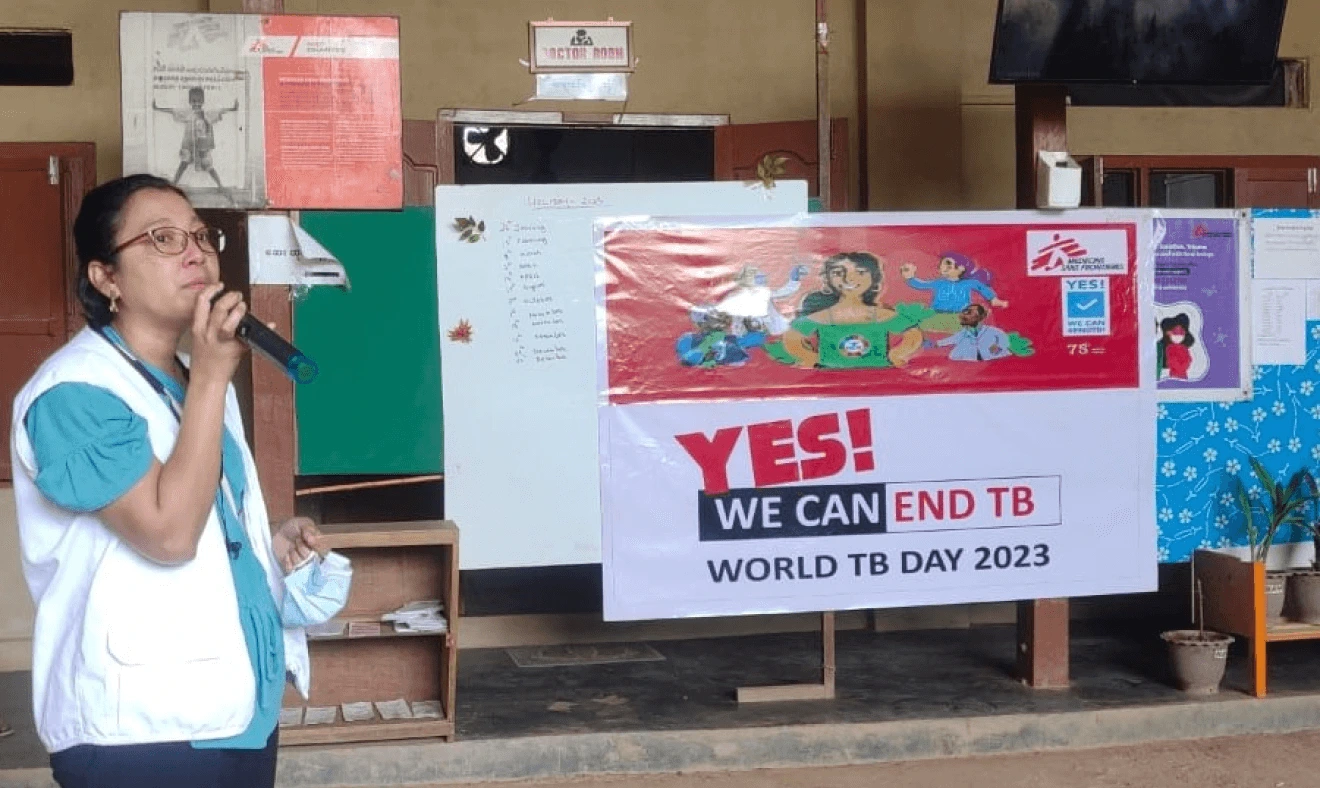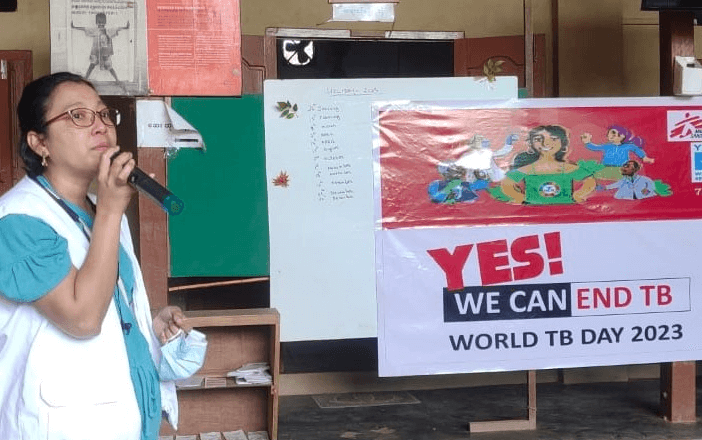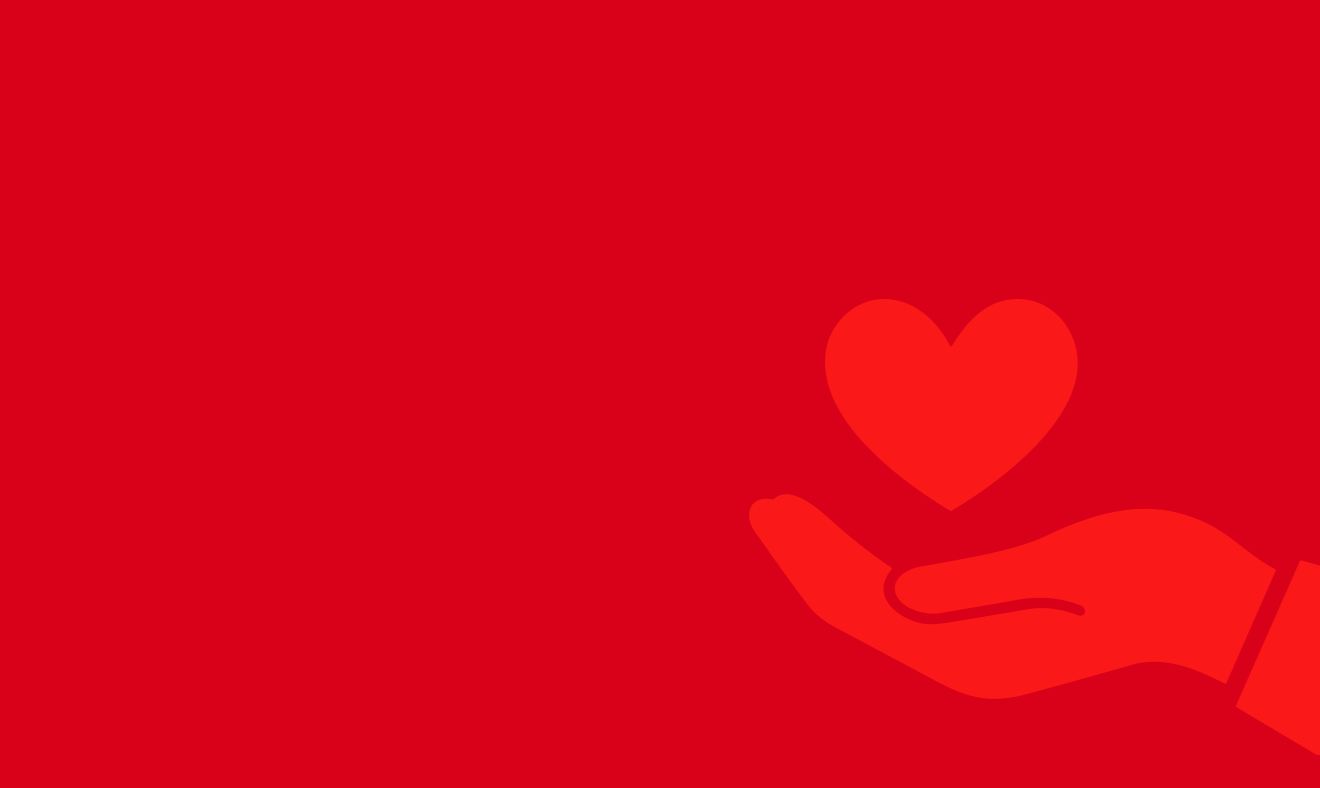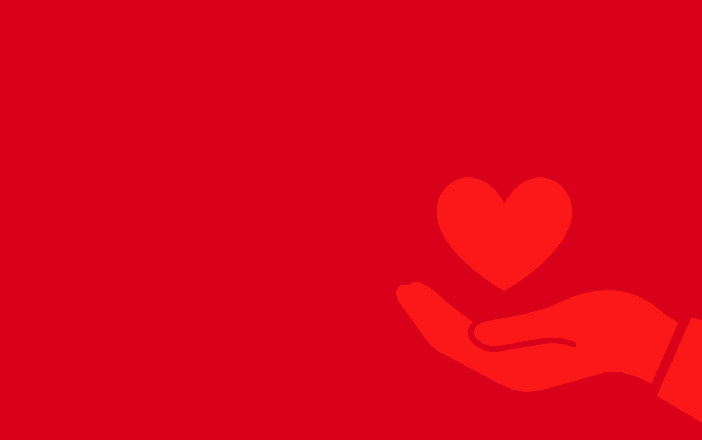Who are the Myanmarese people called the Rohingya? They were stripped of their citizenship. They got no refugee status or bright future. In the past decades, the identity problem for Rohingya in Myanmar and neighboring regions derivates many humanitarian crises.
Myanmar Military unleashed large-scale violence against Rohingya in Rakhine State in August 2017. As a result, over 700,000 Rohingya were displaced to Bangladesh. Over the past 5 years, over 900,000 Rohingya refugees are still stranded in Bangladesh camps. Life in the refugee camp is miserable. They can only rely on humanitarian aid to survive, and it is challenging to have education and employment opportunities. Until today, they neither have their Myanmar citizenship reinstated, nor are recognised as refugees. Their future is uncertain.
About the Rohingya
They are an ethnic minority group native to Rakhine State in Myanmar who were stripped of their citizenship and basic rights by Myanmar in 1982.
In 2017, the Myanmar national security troops leashed the most extensive scale of violence against Rohingya in history, claiming revenge for an attack by a Rohingya armed group. MSF recorded 6,900 Rohingya deaths after the violence. Bangladesh has taken in the Rohingya yet has not granted them refugee status.
Today, there are still around 600,000 Rohingya in Myanmar. No matter living in a refugee camp or village in Rakhine State, their freedom of movement is restricted; they cannot look for a job or have access to propereducation or medical treatment. Hundreds of thousands of Rohingya live in Malaysia, India, Pakistan, Saudi Arabia and other countries, and over 900,000 stay in refugee camps in Cox's Bazar, Bangladesh.
Life in the refugee camp
According to the report by MSF in August 2022 in the Cox's Bazar refugee camp on the water, sanitation, and hygiene (WASH) situation, although the current water quality has improved, and the water and sanitation facilities are more adequate compared with the survey results from nearly 5 years ago, now there is a lack of maintenance and monitoring of some of the infrastructure. For example, more than half of the hand pumps in one of the camps need repair. Meanwhile, more than half of the respondents said that the water supply was insufficient. Since 2019, many of the camps have only had water supply twice daily, reducing the water each household uses. Many people have to save the rationed water for more than one day and use it sparingly. This habit may increase the chance of water contamination and cause health problems.
Based on the aforementioned report, only two of five solid waste management indicators met the targets. Others performed poorly, like having at least one garbage bin covered by a lid and recycling/reusing practices.
While better equiped latrines (e.g. with lockable doors and covers) increased, overall sanitation conditions have significantly deteriorated. In 2018, 70% of respondents indicated no visible faeces in the latrine, but that dropped to 42% in 2022. Furthermore, nearly 80% of latrines are overflowing.
The temporary bamboo shelters are usually built on the hillside. These shelters are very close to each other, and even cooking with fire could become a hazard; careless actions can lead to massive fire. The roads outside are not entirely paved, and mudslides occur frequently, especially during hurricane and monsoon season in June. Massive rainfall would cause flooding and landslides and seriously damage the infrastructure and roads that are already worn off. After 5 years, there is still no street lighting at night. In case of any medical emergency, it is very difficult for them to visit the doctors.
The medical service for refugees in the camps is limited, and under security restrictions on refugee movements it is difficult and dangerous for refugees to move both within the camp and outside the camp. This makes life difficult for patients with chronic illnesses or mental health issues. Sometimes they are not allowed to leave the camp to receive on-time treatment or refill medication.
The needs have changed but are still huge
Many Rohingya have been living in the refugee camp for years, without knowing when they can return to their home. The emergency medical needs they had when they reached Bangladesh have evolved into long term physical and mental health issues caused by the living environment inside the camp. Besides providing medical treatments, MSF staff also talk to them to understand their thoughts about their lives after being forced to leave Myanmar. We believe their voices need to be heard.
Fundamental Rights Being Deprived of
Anwar, a 15-year-old student from Myanmar, currently lives in a refugee camp in Jamtoli, Bangladesh. He still clearly remembers fleeing Myanmar with his family 5 years ago.
“It was one afternoon when the army attacked our neighbourhood, and we had to flee to a nearby area. They torched our houses and forced us to run further. We survived, but many relatives and neighbours were murdered. It took almost 12 days to flee to Bangladesh on foot. The journey was dangerous. We walked unfamiliar roads, climbed mountains and crossed water. We saw a lot of dead bodies on the way.
I was a student at school when we fled Myanmar, and my education was interrupted. The only chance to learn is when teachers in our community gather all the Rohingya children to teach together.”
The Rohingya people are considered “stateless” under international law after what happened in 1982. They are not a citizen under the law of any country, have no legal protection, and basic rights are denied, like rights to education.
“My dream was to become a doctor, to be useful to the community. I have seen doctors who strive their best in helping others since I was a kid. But I think this dream might never come true. ”
Nowhere to stay
The 45-year-old Hasimullah fled to a refugee camp in Kutuparang, Bangladesh, with his family in 2017. At first, they didn’t have any materials to build a shelter. They cannot start the construction until the Bangladesh government provided the resources.
“We are suffering from many diseases here. Our shelters are the same temporary ones as we first arrived in Bangladesh, that they have endured extreme weather. We need more materials, but with movement restrictions in the camp, finding the things we need is difficult. Fences were put up around the camp and we cannot go around like we used to.
Even if our hearts yearn to go back, how can we if our safety is not ensured? If the world decides that we can be [safely] repatriated, only then will we go. My only need is the right to live with dignity in Myanmar, as we are doing here.”
The falling apart mental health
“No one wants to be a refugee, the life we have here is not easy. It seems like we live an open prison, cannot travel outside without special authorisation or under special occasions, such as seek for medical care or emergencies.” He continues, “Sometimes I would bite myself to see if I can feel something, and I attempted to commit suicide.”
In the past few years, Rohingya refugees cramped in the camp in Cox’s Bazar. They feel hopeless about their future, and without legal status, cause affects their psychological health.
MSF Mental Health Activity Manager Kathy Lostos said, “When a group's future is uncertain, and a population is not integrated into a society, this creates a feeling of lack of safety. Feeling that your life is under threat can lead to helplessness, believing that ‘nothing that I do will matter,’ and this can hugely impact people’s mental wellbeing.”
The situation the Rohingya find themselves is impossible. With ongoing violence in their native country of Myanmar, solutions for safe and legal return are grim. While the difficult conditions in the Bangladesh camps, as well as in Rakhine, force many to make the difficult choice to take risky journeys by sea and land in search of a future with hope. Journeys that often end in death, detention or abuse.
Countries in the region need to do more to find solutions for the Rohingya that include the most basic rights and opportunities. We cannot expect an entire people to live life without hope in such conditions indefinitely.
Learn more





